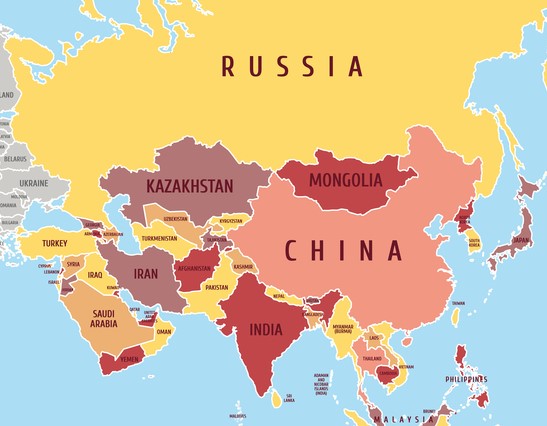The first meeting on the development of the international Belarus-Russia-Kazakhstan-Uzbekistan-Afghanistan-Pakistan multimodal transport corridor with access to Indian Ocean Seaports has been held in Termez, Uzbekistan, and was attended by officials from respective national transport departments, freight forwarding companies and businesses.
They discussed the possibilities of increasing the volume of international cargo transportation along land corridors, optimisation of transport corridors and development of logistics processes, increasing the role of the CIS countries, Central and South Asia in the global transport and logistics system of Eurasia.
The parties concerned agreed a Road Map, which includes specific plans for the development of freight transportation. Among them is an increase in transit cargo transportation through Uzbekistan-Afghanistan-Pakistan through cargo analysis, the use of electronic digital documents and simplification of transportation processes.
The volume of transit cargo through Afghanistan has increased by more than 30% since the US military exit, reaching almost 1 million tonnes. Following the signing of a transit trade agreement between Uzbekistan and Pakistan in 2021, cargo transportation has increased significantly.
In 2022, the volume of traffic between countries through Afghanistan increased two and a half times compared to the previous year. This year, Uzbekistan plans to transport more than 1 million tonnes of cargo along this corridor.

At the same time, negotiations were held in Iran on the issue of Tajikistan’s access to its Chabahar Port, which is on the Persian Gulf and also has direct access to the Indian Ocean.
Dushanbe plans to increase its transit potential by joining the China-Tajikistan-Uzbekistan-Turkmenistan-Iran-Turkmenistan-Europe international multimodal corridor, as well as economic cooperation with Tehran through road transport along the route Tajikistan-Uzbekistan-Turkmenistan-Iran.
Through Chabahar Port, Uzbekistan, Tajikistan and other Central Asian countries will be able to gain access to the markets of Asia, the Middle East and Europe and expand transit opportunities.
In turn, Tehran will develop transit, including through the International North-South Transport Corridor (INSTC). Due to its Free Trade Agreement with the EAEU, Iranian goods can be supplied to Central Asia using this route on preferential tariff terms.
Meanwhile, the Shanghai Cooperation Organisation (SCO) countries have also agreed to create two new transport corridors:
- Belarus – Russia – Kazakhstan – Uzbekistan – Afghanistan – Pakistan
- Russia – Caspian Sea – Turkmenistan – Uzbekistan – Kyrgyzstan
The memorandums were signed at the Transport Forum of the SCO member countries held in Tashkent.

 Русский
Русский













